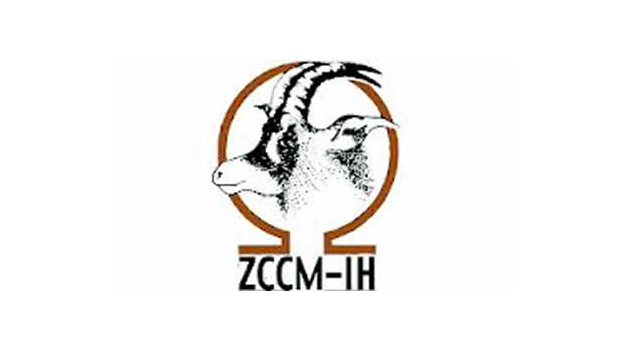 By KAIKO NAMUSA –
By KAIKO NAMUSA –
THE Government will reduce its shareholding in the Zambia Consolidated Copper Mines-Investment Holding (ZCCM-IH) from 87 per cent to 60 per cent, Finance Minister Alexander Chikwanda has said.
Mr Chikwanda said the move was in conformity with the Lusaka Stock Exchange (LuSE) listing requirements which stipulated that no single shareholder should control more than 75 per cent of the equity in any company.
Mr Chikwanda said during the presentation of the 2015 National Budget to Parliament in Lusaka yesterday that the 27 per cent shares would be offloaded to Zambian citizens as a way of entrenching economic independence.
He said the LuSE regulations were aimed at ensuring that more citizens participated in the capital markets.
“I am, therefore, directing the Securities and Exchange Commission to ensure that all listed companies comply with the listing requirement.
“To comply with the listing requirements, Government will itself reduce its shareholding in ZCCM-IH Plc to 60 per cent from 87 per cent. The 27 per cent shares will be sold to Zambian citizens …,” Mr Chikwanda said.
He said this year, trading activity on the LuSE increased, reflecting improved investor sentiment and participation on the local bourse and that market capitalisation increased by eight per cent to K62.9 billion while the All-Share Index rose by 17 per cent to 6,620.9 by the end of last month.
Mr Chikwanda said the overall condition and performance of the financial sector was satisfactory and that aggregate capital adequacy and earnings’ performance improved.
The minister said to strengthen governance and operational efficiency of State-owned enterprises (SOEs), the Government had incorporated the Industrial Development Corporation (IDC).
The IDC, which would be the holding company of all SOEs, would act as the main driver for investment in strategic sectors, where the private sector was not able to venture.
He expressed concern over the low levels of efficiency, high level of liability and poor financial management in some grant-aided institutions.
“In order to address these concerns, Government has commenced a review to assess their viability and sustainability. Institutions that will be found unsustainable will either be abolished or reverted to Central Government,” Mr Chikwanda said.
He said the Government would establish the Local Government Equalisation Fund (LGEF) to provide a stable, buoyant and predictable source of revenue from the Central Government, to supplement local government revenue.
The LGEF had been allocated K586.8 million from a resource envelope of K669.4 million for grants to local authorities.
Mr Chikwanda said this would enable councils deliver better municipal services and invest in local development projects.
He added that financing of the Fund would be based on a revenue sharing arrangement, where the Central Government would allocate a minimum of five per cent of total income taxes while allocations to individual councils would be formula-based to ensure equity and transparency.
“The release of grants to councils will be conditional on observance of good public financial management practices and delivery of essential municipal services,” Mr Chikwanda said.






